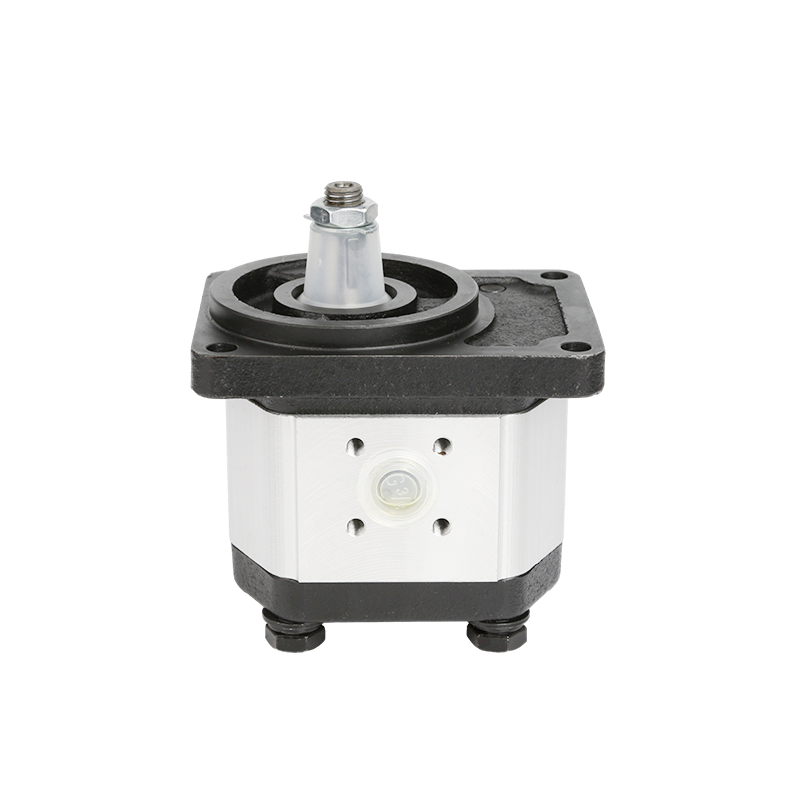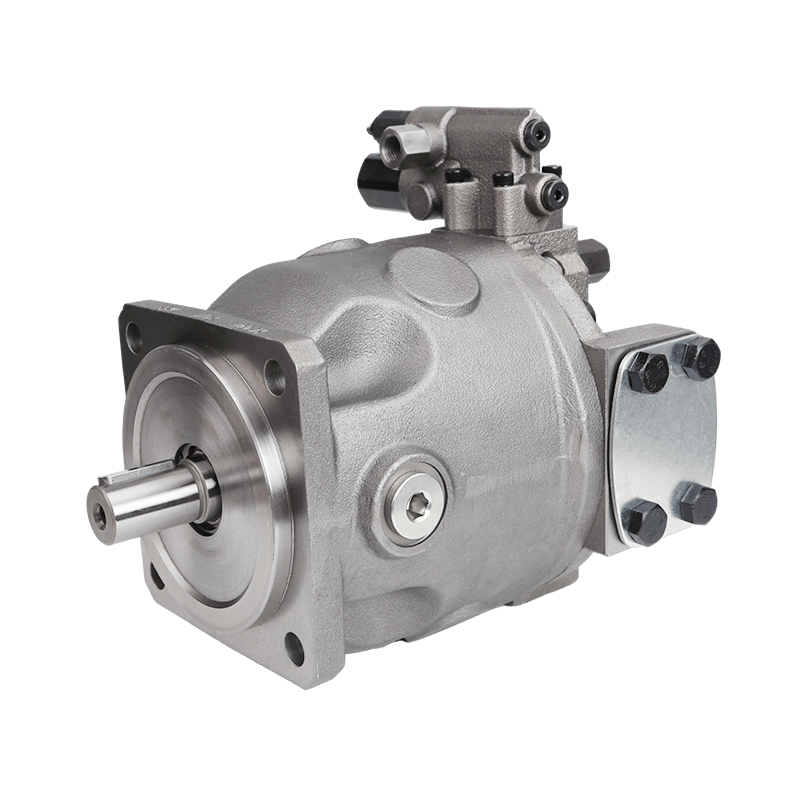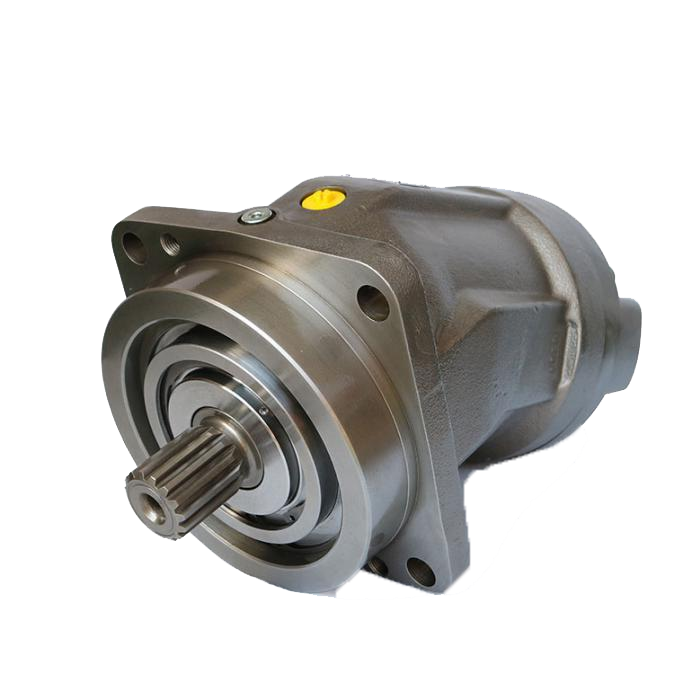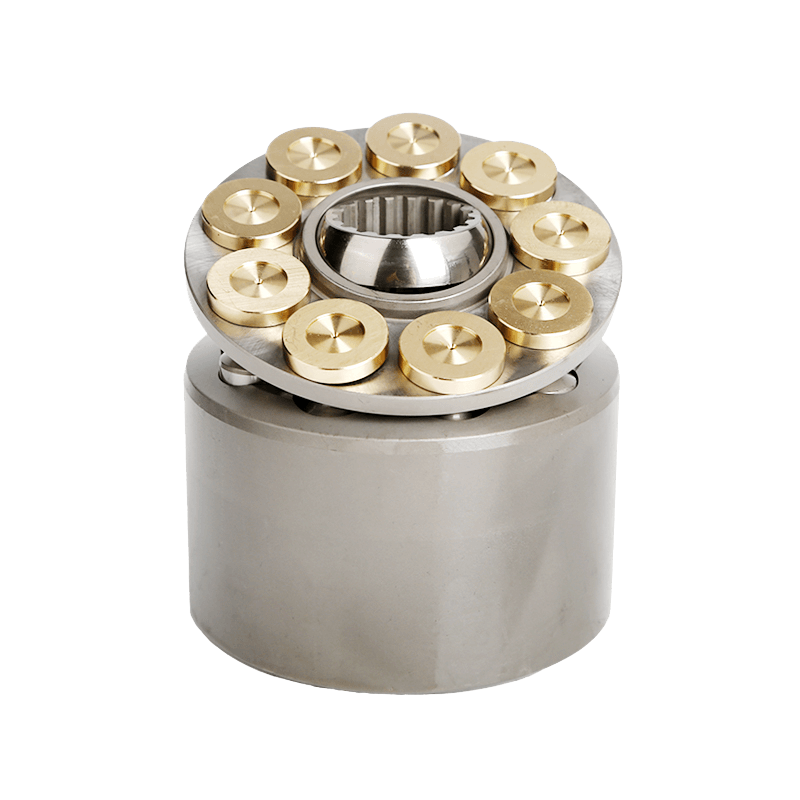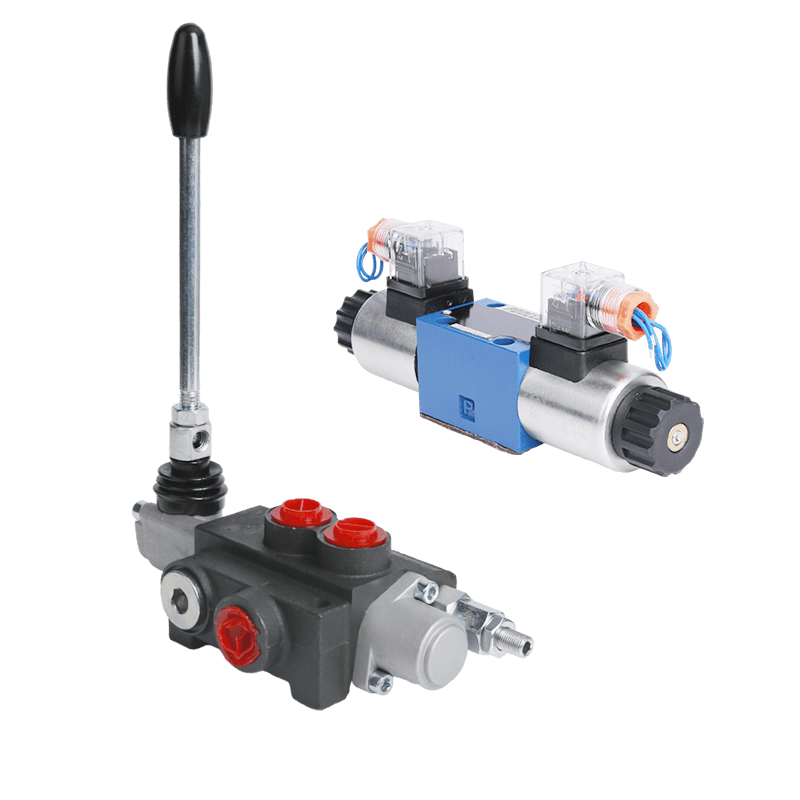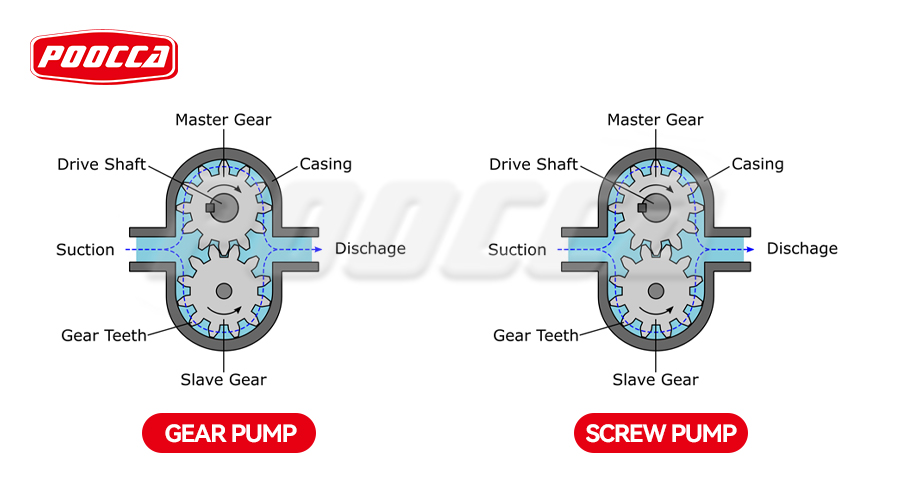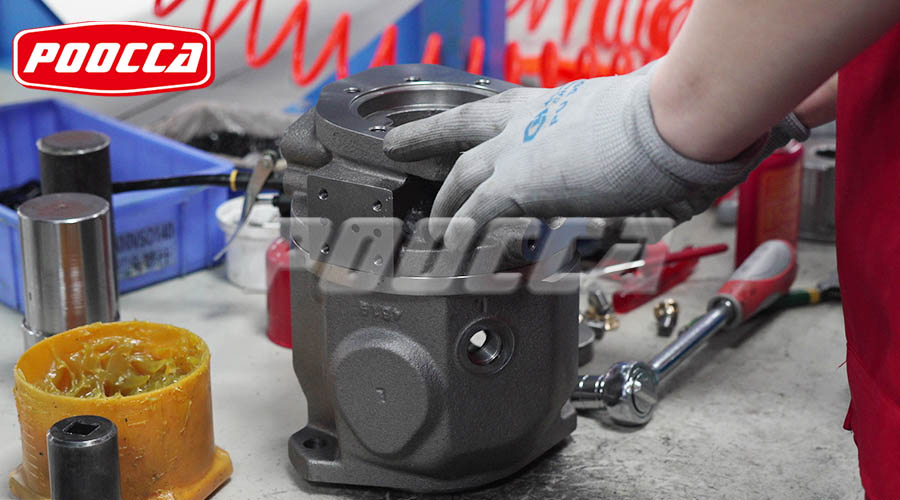Invoering
Hydraulic gear pumps are essential components in many industrial and mobile hydraulic systems, converting mechanical energy into hydraulic energy to power actuators and control mechanisms. When these pumps begin to fail or underperform, they can compromise the entire system’s efficiency and reliability. Understanding the early warning signs of pump issues is crucial for preventing costly downtime and damage. In this article, we’ll explore the 3 common symptoms of hydraulic gear pump problems and explain how to identify and address them effectively.
3 Common Symptoms To Keep An Eye Out For!
If your system is suffering from any of these symptoms, then that could be a clear sign that you need to repair, clean, or replace parts of your system. Never let your system run if it’s suffering from any of these problems – they are a real indicator that something is wrong and could result in serious damage to your hydraulics.
Abnormal Noise
Identifying Unusual Sounds in Hydraulic Systems
One of the earliest and most noticeable signs of trouble in a hydraulic gear pump is abnormal noise during operation. These sounds often manifest as knocking, banging, or whining noises that deviate from the normal hum of a healthy system.
Aeration is the technical term for when your hydraulic fluid is contaminated by air. If this occurs, then your system is likely to create a loud, aggressive banging or knocking as it compresses and decompresses the fluid.
Cavitation can also be a culprit. This phenomenon happens when certain components do not receive adequate fluid supply, causing vapor bubbles to form and collapse violently inside the pump.
Causes Behind Abnormal Noise in Gear Pumps
Cavitation occurs when a particular component isn’t receiving enough hydraulic fluid. This can cause the pressure in one part of the system to fall below the vapour pressure required by the hydraulic fluid. The result is metal erosion within the pump housing or gears.
Aeration may occur due to loose fittings, cracked hoses, or low reservoir levels allowing air into the system. Both conditions can lead to erratic actuator movement and decreased performance.
Potential Damage Resulting from Ignored Noise Issues
Ignoring abnormal noises can lead to serious consequences. Cavitation can cause metal to erode, which can then contaminate the system’s fluid supply and dealing lasting damage to a range of hydraulic components. In severe cases, this damage may necessitate complete replacement of pumps and other vital parts.
High Fluid Temperature
Recognizing Elevated Temperature Levels
Another critical symptom pointing toward gear pump issues is high fluid temperature. Hydraulic systems typically operate best at temperatures below 82°C (180°F). Sustained operation above this threshold accelerates wear on seals and degrades hydraulic oil.
If the temperature of the hydraulic fluid is too high, then that can cause lasting damage to seals and accelerate normal degradation of the fluid itself.
Common Reasons for Overheating in Hydraulic Gear Pumps
High temperatures often result from poor heat dissipation. Most systems will rely on their hydraulic reservoir to reduce their fluid’s heat, so it is essential that you make certain the fluid in the reservoir is monitored and maintained at the ideal level.
Clogged filters are another frequent cause. Dirt buildup restricts flow, increasing resistance and generating excess heat. Commonly, this issue is related to a build up of dirt and debris within attached filters.
Effects of High Fluid Temperature on System Performance
Prolonged exposure to elevated temperatures compromises overall system integrity. Seals lose elasticity, leading to internal leaks. Oil oxidation thickens fluid viscosity, reducing flow rates. Component tolerances may shift due to thermal expansion.
It can also cause separate components of the system to change temperature at different rates, resulting in high levels of damage. If left unchecked, overheating drastically shortens equipment lifespan.
Slow Operation
Signs of Decreased Operational Speed
A noticeable slowdown in actuator response or increased cycle time often signals internal inefficiencies within your hydraulic gear pump.
One of the biggest indicators that there is something wrong with your system is if its performance seems to drop. This can either manifest itself as a slower average operation, or even a longer cycle time.
Contributing Factors to Sluggish Hydraulic Response
Flow determines actuator speed. A reduction in flow typically indicates leakage—either external (visible hose failure) or internal (within valves or pumps).
Most commonly, there issues are as the result of external or internal leakage. Leakages such as a burst hose is usually obvious and, therefore, easy to find and deal with. However, internal leakage can actually occur within the hydraulic gear pump, or any attached valves or actuators.
Detecting internal leaks requires tools like infrared thermometers or flow testers. Fortunately, when there is an internal leakage, the drop in pressure creates heat, so an infrared thermometer is an invaluable tool in this situation.
Long-Term Impacts of Slow System Performance
Ongoing slowdowns affect productivity across operations—especially in manufacturing or construction where timing precision matters. Energy consumption may rise as systems compensate for inefficiencies by running longer cycles.
Neglecting sluggish performance risks cascading failures across interconnected components such as cylinders or directional valves.
Get In Touch With POOCCA For High-Quality Hydraulic Gear Pumps And More!
When it comes time for replacement parts or upgrades due to any one of these symptoms—abnormal noise, overheating fluids or slow response—partnering with an industry leader ensures reliability.
Pookca Hydraulic (Shenzhen) Co., Ltd. was established in 2006 and has four companies in Hong Kong, Guangdong, Jiangsu and Zhejiang. We are a comprehensive hydraulic service company specializing in the research and development, manufacturing, maintenance and sales of hydraulic pumps, motors, valves and related parts.
With over two decades of experience serving global markets across more than 100 countries—and annual exports reaching $16 million—POOCCA delivers trusted solutions tailored for various industries including construction machinery and industrial vehicles.
We have invested in the most advanced manufacturing equipment These advanced tools enable us to offer a wide range of hydraulic products for applications in construction metallurgy material handling.
Our product line includes high-efficiency options like:
- Ronzio Z3 Series Gear Pump: High-performance cast iron cover gear pump with an aluminum alloy body
- CBK Series Hydraulic Gear Pump: High-pressure design with low-noise operation
- POOCCA SGP2 Series Gear Pump: External forklift gear pump with automatic axial clearance compensation
Each product undergoes stringent testing using computer-controlled machines ensuring durability under extreme conditions.
For expert guidance on selecting reliable gear pumps suited for your application—or if you’re experiencing any symptoms discussed above—contact our dedicated team today. Our after-sales support includes repair services backed by a 12-month warranty policy. We at POOCCA provide you with one-stop service as much as possible
Let POOCCA help keep your operations running smoothly with dependable products engineered for longevity.

